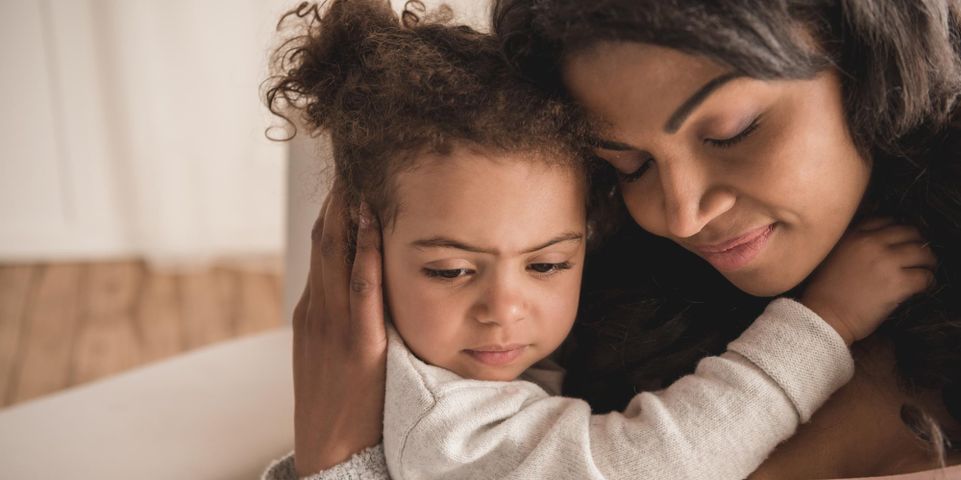How Do Legal & Physical Child Custody Differ?

Child custody is a common yet complex aspect of family law that often affects divorcing couples and their families. In Hawaii, custodial rights are classified into two categories: physical and legal. If you’re planning on petitioning for some form of custody, here’s what you should know about each arrangement and how courts decide on them.
What Is Physical Custody?
Physical custody refers to which parent the child lives with. Whichever parent is granted primary physical custody may also become the recipient of child support from the noncustodial parent.
This arrangement can be designed to fit the needs of the child. For example, one parent may be given sole custody, which means the child will live with them most of the year. In a sole arrangement, the noncustodial parent may have standard visitation or extended visitation rights. By contrast, joint physical custody is when the child lives with each parent on a specified schedule.
What Is Legal Custody?
 A parent who has legal custody can make major decisions about the child’s life and care. For example, the parent may decide what the child will experience in terms of medical care, schooling, and religious instruction. They can also make decisions regarding the child’s ability to work or drive as a minor.
A parent who has legal custody can make major decisions about the child’s life and care. For example, the parent may decide what the child will experience in terms of medical care, schooling, and religious instruction. They can also make decisions regarding the child’s ability to work or drive as a minor.
Legal custody doesn’t have any ties to child support decisions. It can also be granted to one or both parents.
How Does the Court Decide on a Custody Arrangement?
There is no one-size-fits-all approach that family law courts use to determine who is granted child custody. Instead, several factors and established statutes are reviewed to help inform the decision.
In Hawaii, custodial rights are generally determined by what the court sees is best for the child. For example, a parent’s economic stability, criminal history, mental health, and living situation may all influence the decision. If a child is old enough to do so, they may also express their wishes to the court.
If you’re a parent concerned about child custody, The Law Office of Carmen DiAmore-Siah is ready to assist. Representing family law cases in Honolulu, HI, this experienced attorney will help you navigate custody arrangements and petition for a solution that suits the best interests of your child. This lawyer also provides representation for divorce, child support, and immigration matters. To learn more about these services, visit this Oahu attorney online. To schedule a free consultation, call (808) 531-2277.
About the Business
Have a question? Ask the experts!
Send your question

